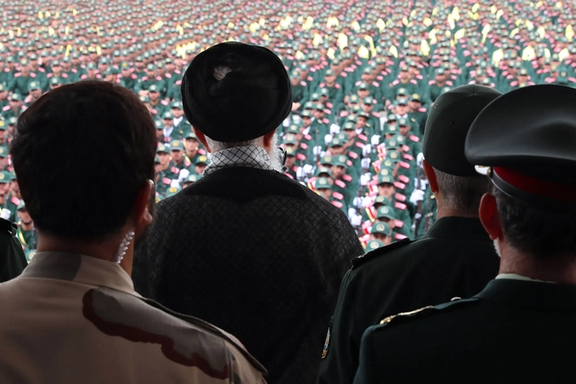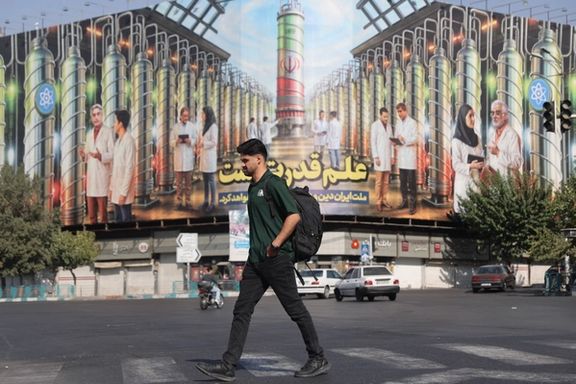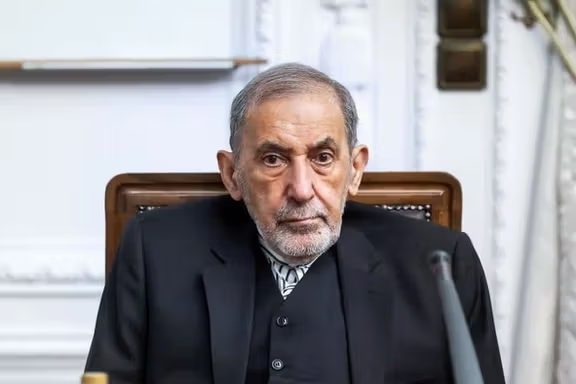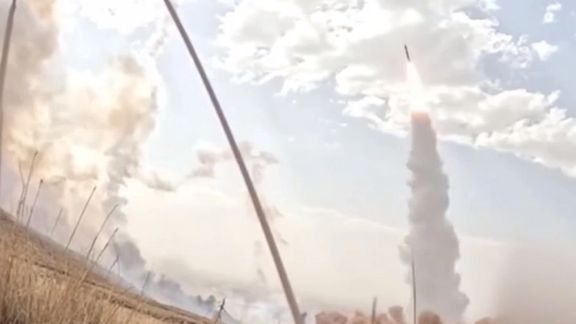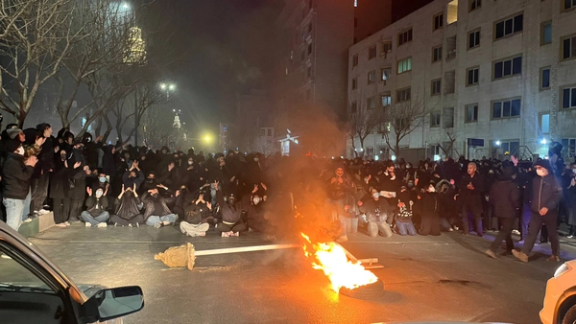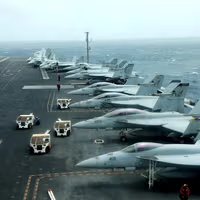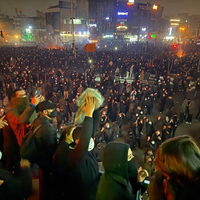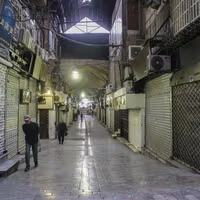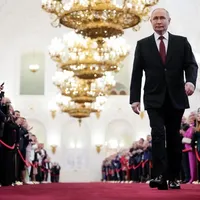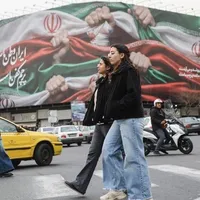Barely a week after the E3 (France, Germany and UK) set in motion the thirty-day countdown to reimpose UN sanctions, forty Republican lawmakers asked President Donald Trump to bar Iranian delegates from freely entering the United States.
Russia and China have signaled opposition to Europe’s move, offering Tehran diplomatic cover. But it’s not clear how far they would go if push came to shove.
For Israel, timing is critical.
The twelve-day war of 2025 showed both the dangers of escalation and the effectiveness of targeted strikes.
Israeli operations killed senior IRGC and Quds Force commanders and damaged Iran’s drone and missile networks. US forces joined with limited but highly consequential strikes on elements of Iran’s nuclear facilities, temporarily disrupting enrichment.
Iran can rebuild, but the episode laid bare the vulnerability of its most sensitive assets.
Yet the war also underscored the Islamic Republic's resilience and appetite for risk.
Tehran launched hundreds of missiles and drones at Israel, yet the conflict deepened doubts about its strategic trajectory under pressure.
At home, strains are mounting.
A summer of rolling blackouts, water shortages, and currency collapse has pushed the rial to historic lows. Inflation has eroded living standards, fueling discontent.
The return of UN sanctions could intensify instability, further constraining Tehran’s options abroad.
Against this backdrop, some policymakers are weighing military options, raising the question of international law.
Under Article 51 of the UN Charter, force is lawful only in response to an actual or imminent attack. Preventive strikes—such as Israel’s 1981 attack on Iraq’s Osirak reactor, unanimously condemned by the Security Council—remain controversial.
Iran’s program today is far more hardened and dispersed, and even a coordinated campaign could only delay, not dismantle, it—while risking multi-front retaliation.
The global economic dimension looms just as large.
Iran has long threatened to close the Strait of Hormuz, which remains the world’s most sensitive energy chokepoint, and even limited hostilities could spike oil prices and strain fragile economies from Europe to Asia.
Despite these risks, advocates of preemptive strikes insist that the dangers of inaction outweigh the costs of escalation.
Yet the 12-day war underscored how quickly limited action can spiral into regional confrontation.
Iran has signaled tentative flexibility, but the snapback has created rare international cohesion. The coming weeks will determine whether pressure yields compliance, confrontation, or a recalibration across the region.
